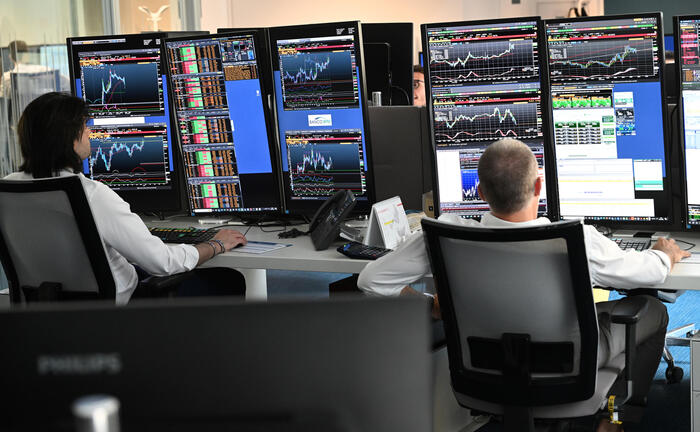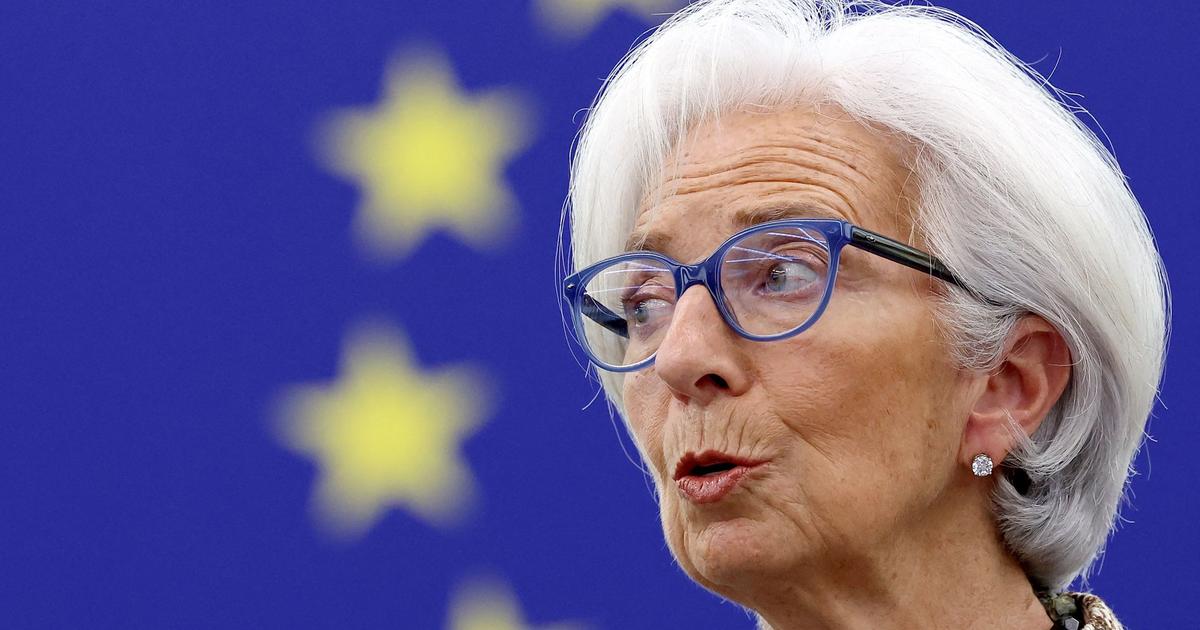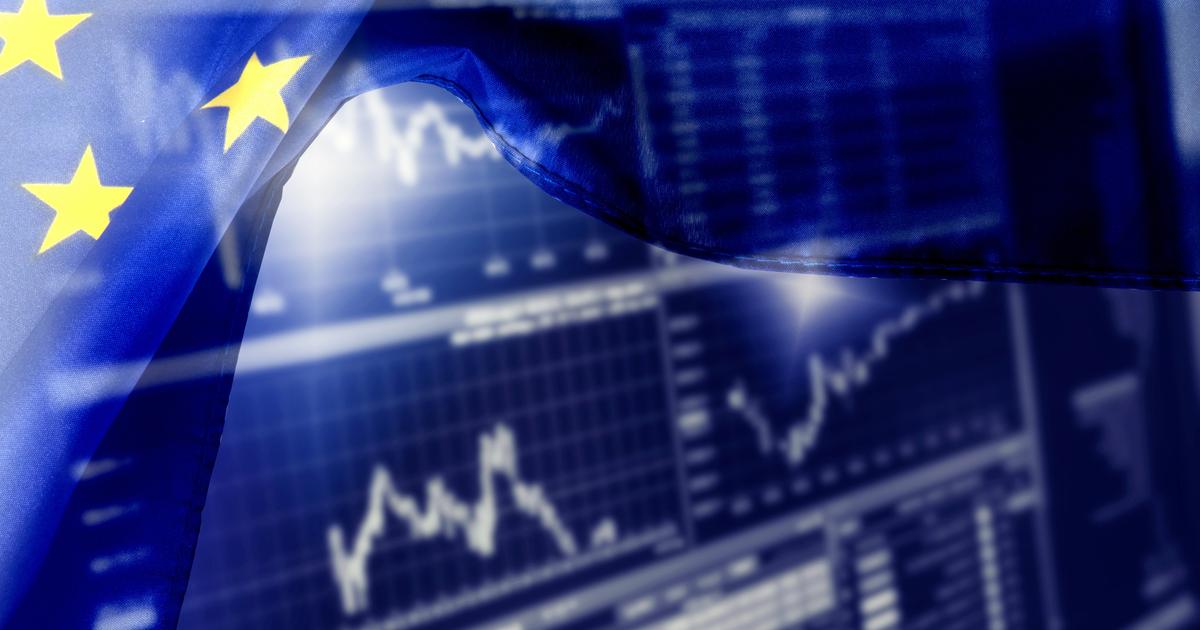Enlarge image
High energy prices drive inflation
Photo: Carsten Koall / dpa
It is the highest level so far since measurements began in 1997: consumer prices in the euro zone rose by 4.9 percent year-on-year, as the European statistical office Eurostat announced after an initial estimate.
The main price driver is energy.
Inflation is more than twice as high as the target of the European Central Bank (ECB), which is aiming for a rate of 2.0 percent as the optimal value for the economy in the medium term.
In October, inflation was 4.1 percent, well above this target.
Economists had only expected a rate of 4.5 percent for November.
At 27.4 percent, energy was the strongest price driver.
Without energy and unprocessed food, total inflation would be just 2.6 percent in November.
This so-called core rate is viewed by many economists as a reliable measure of inflation.
Unprocessed food rose in price by 1.9 percent, industrial goods without energy by 2.4 percent.
Services cost 2.7 percent more.
The ECB regards the development as temporary and expects inflation rates to decline in the coming year.
The ECB has not yet signaled any rate hikes.
For Germany, too, statisticians have reported a record inflation rate.
In November, goods and services were 5.2 percent more expensive than in the same month last year.
This is the highest rate of inflation in almost 30 years, which is mainly due to higher energy prices, corona-related delivery bottlenecks and special effects such as the withdrawal of the VAT reduction.
Central bankers, economists and financial markets are currently looking closely at the development of wages.
They are looking for clues as to whether a spiral of sharply rising consumer prices and wages is starting that could solidify the current high inflation.
Thomas Gitzel, chief economist at Liechtenstein’s VP Bank, referred to figures from the ECB, according to which collective wages rose more weakly in the third quarter of 2021 than ever since the common currency area was founded.
“The total nominal wages actually fell year-on-year.
This means that there is not enough substance for a wage-price spiral in the coming year, ”Gitzel wrote in an analysis.
The inflation rate should therefore have reached the preliminary high.
"In the coming months, especially in the first half of 2022, inflation should fall noticeably," writes the economist.
In Germany, too, figures show that the wage increases of collective bargaining employees have recently not been able to keep pace with inflation.
mmq / Reuters / dpa















